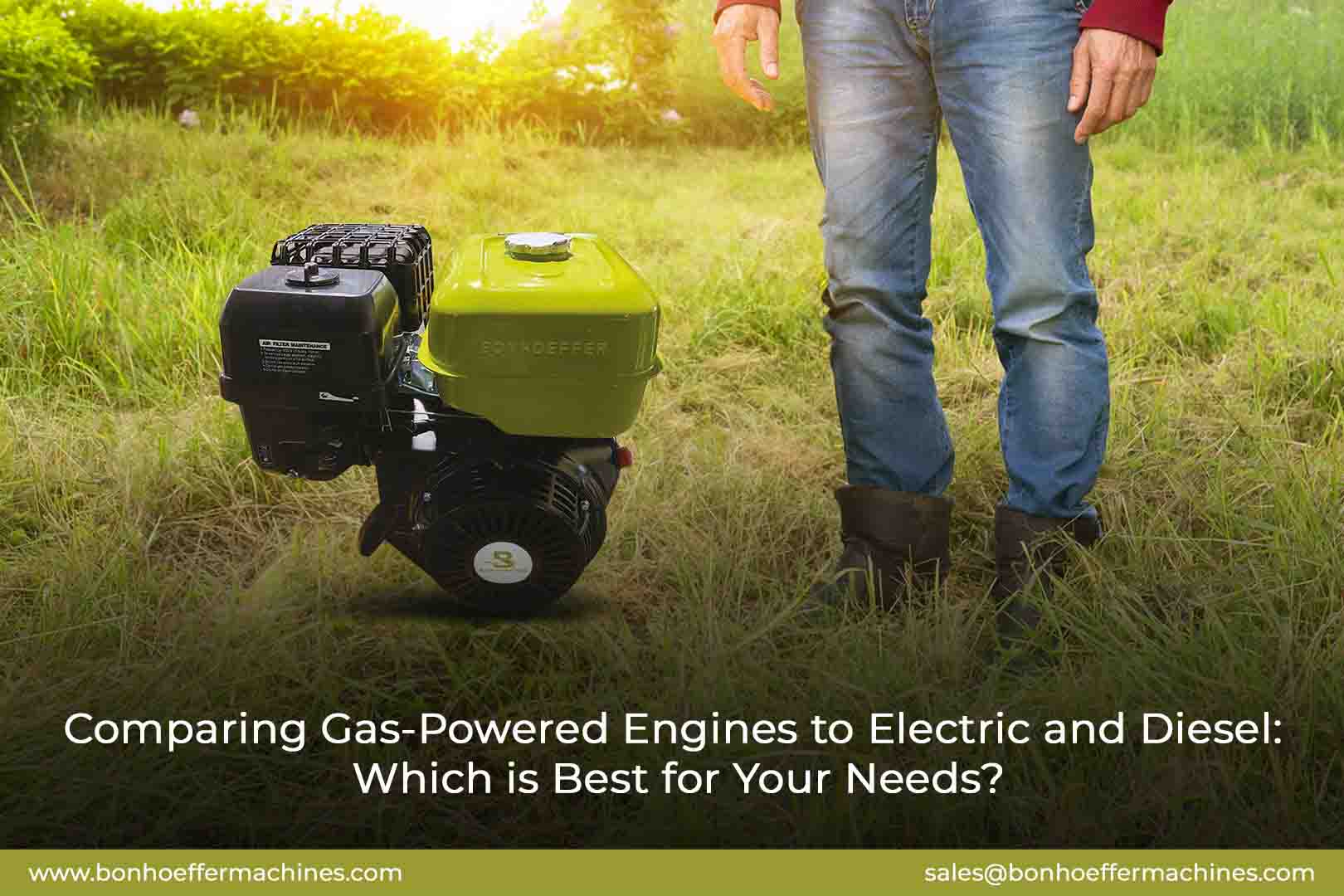
When it comes to choosing an engine for your machinery, the options can be overwhelming. Gas-powered, electric, and diesel engines each have their unique characteristics that cater to different needs. Understanding these differences can help you make an informed decision.
Gas-Powered Engines
Gas-powered engines are known for their reliability and power. They are often used in applications requiring high torque and quick acceleration. Here are some advantages:
- Powerful Performance: Gas engines typically deliver more horsepower than electric counterparts, making them ideal for heavy-duty tasks.
- Versatility: These engines can be found in various applications, from lawnmowers to vehicles and generators.
Electric Engines
Electric engines have gained popularity due to their eco-friendliness and low maintenance requirements. Here’s what you should know:
- Quiet Operation: Electric engines run quietly, making them suitable for residential areas.
- Low Emissions: They produce no exhaust emissions, contributing to a cleaner environment.
Diesel Engines
Diesel engines are renowned for their fuel efficiency and longevity. They are commonly used in larger machinery and vehicles. Key benefits include:
- Fuel Efficiency: Diesel engines tend to consume less fuel than gas engines for the same power output.
- Durability: These engines are built to last longer, making them a good investment for heavy users.
Making Your Choice
Ultimately, the best engine for your needs will depend on your specific applications. If you require high power and versatility, a gas-powered engine from Bonhoeffer may be the right choice. For quieter operations with low emissions, consider electric options. If fuel efficiency is paramount, diesel could be your best bet.
For more information on our range of gas-powered engines, visit Bonhoeffer Engines.
Designed for reliable irrigation and agricultural use, the new machine delivers efficient performance, durable construction, and smooth operation for everyday farming needs — Mechnova Machines Pvt. Ltd.






